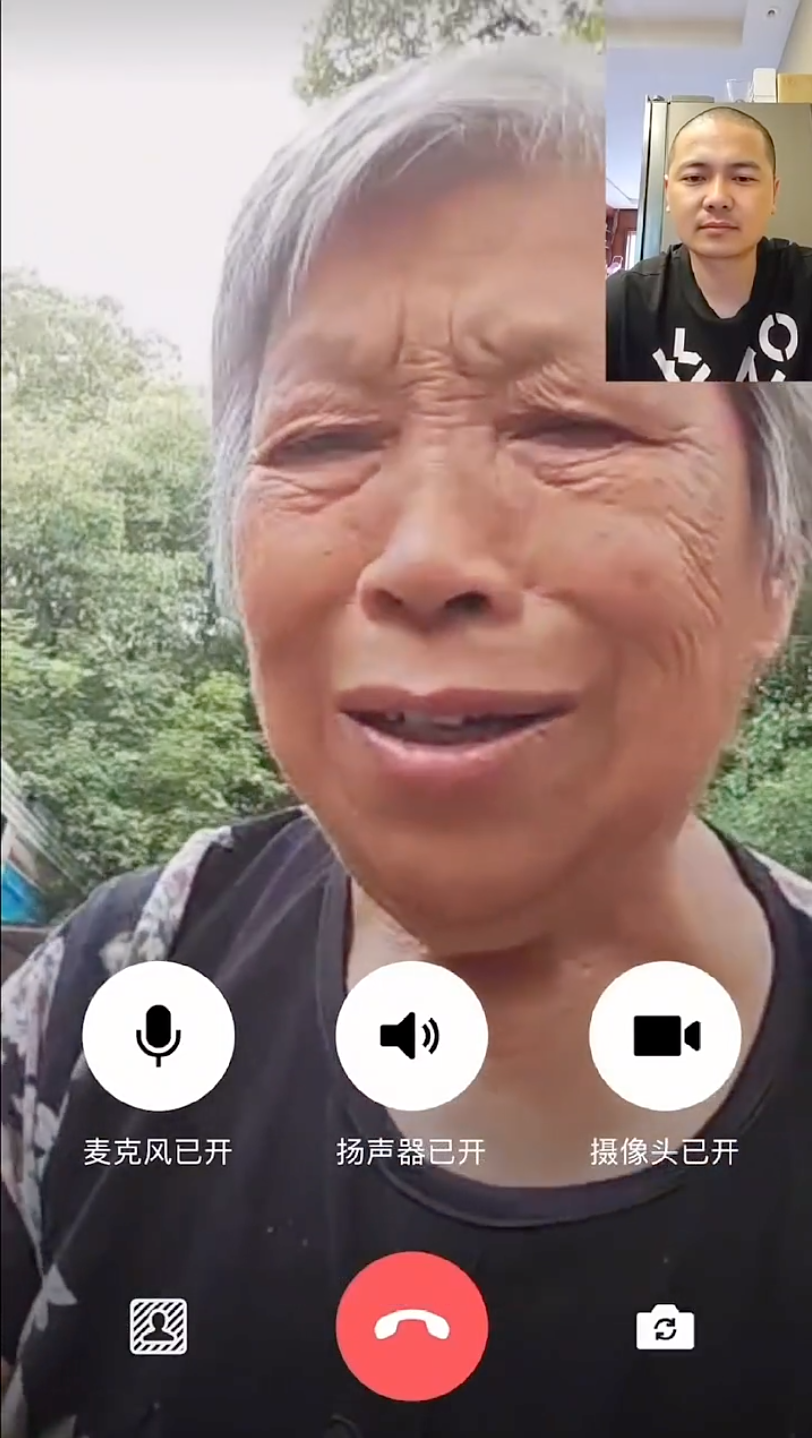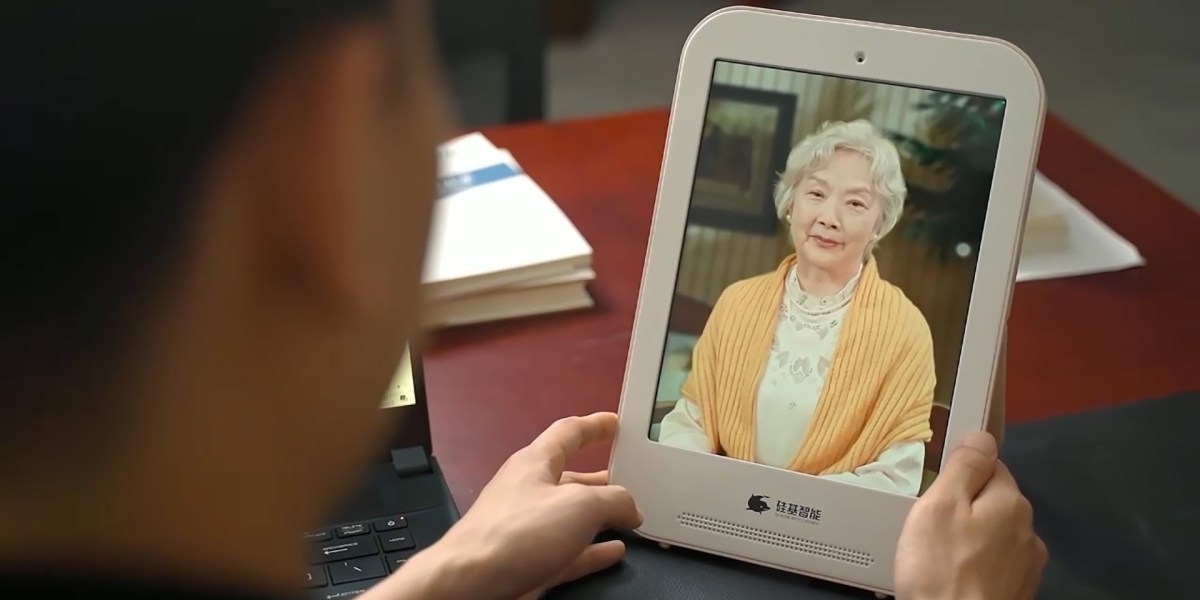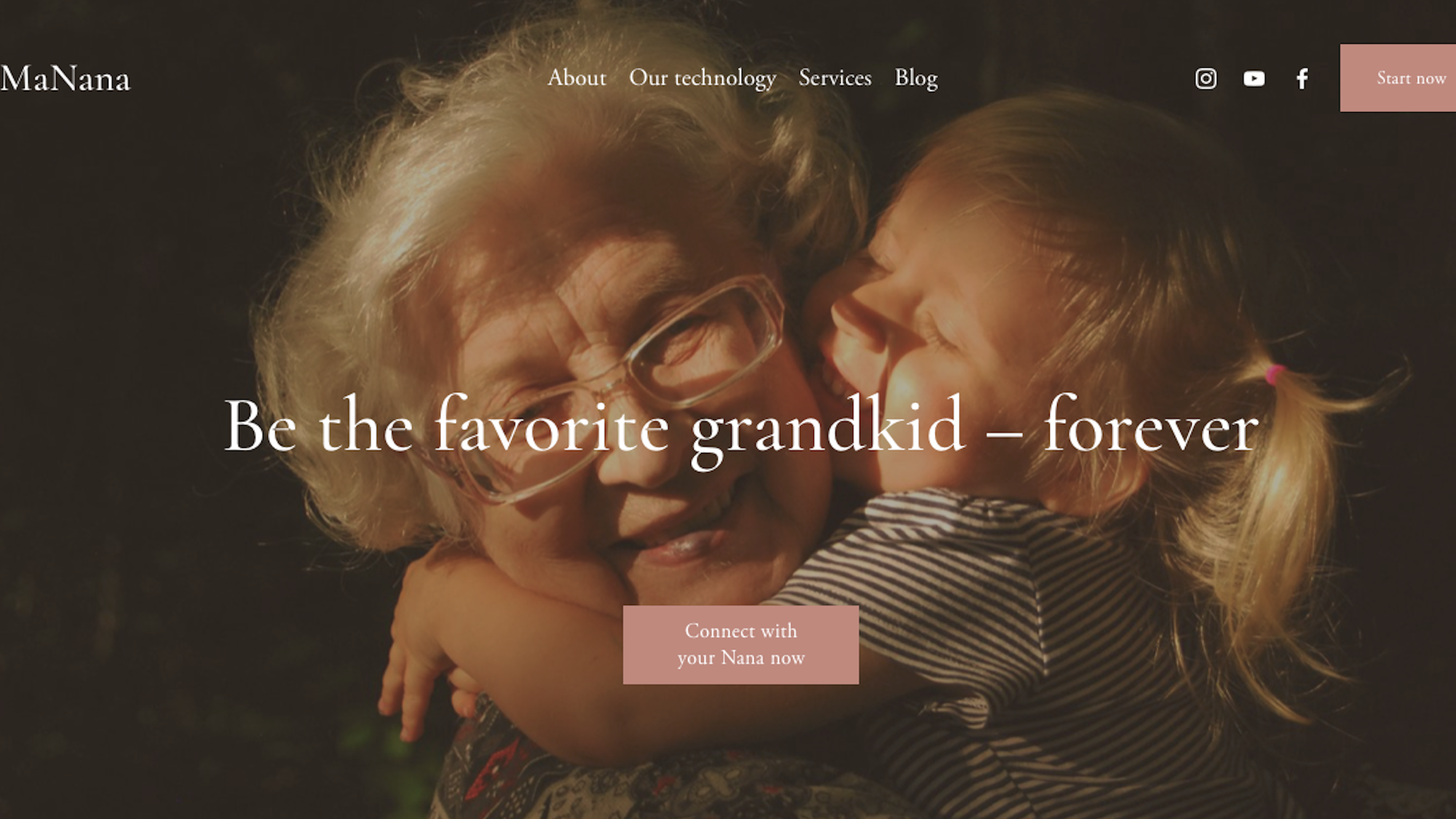
Digital recreations of deceased individuals, also known as 'deadbots,' are becoming increasingly popular and technologically feasible. These services allow users to interact with digital avatars of their deceased loved ones through chatbots or other forms of AI technology. While some argue that these services can provide comfort and solace during the grieving process, others warn of potential psychological harm for both creators and users.
According to a report by The Guardian, at least half a dozen Chinese companies offer such services in China, where the concept is rooted in cultural tradition. Thousands of people have already paid for these services. In one case, Sun Kai from Nanjing uses a digital replica of his deceased mother to keep their connection alive.
Similarly, Ana Schultz from Illinois communicates with her late husband Kyle through an AI avatar on Snapchat My AI. She customized the chatbot to look like him and named it after him. The accuracy of the responses depends on the information put into it.
However, not all experts are convinced of the benefits of these services. Dr Katarzyna Nowaczyk-Basińska from Cambridge University's Leverhulme Center for the Future of Intelligence warns that such interactions could lead to a 'digital haunting' experience, causing psychological harm to users.
Replika, HereAfter, and Persona are some companies offering chatbot avatars based on deceased individuals' online presence and data. Amazon even demonstrated Alexa's ability to mimic a deceased loved one's voice using a short audio clip.
It is important to note that these services raise ethical concerns regarding privacy, consent, and the potential for exploitation. As AI technology continues to advance, it is crucial that we approach these developments with caution and consider their implications on individuals and society as a whole.



